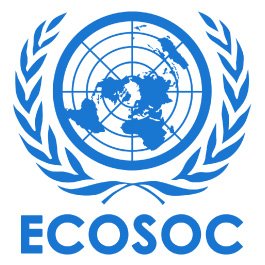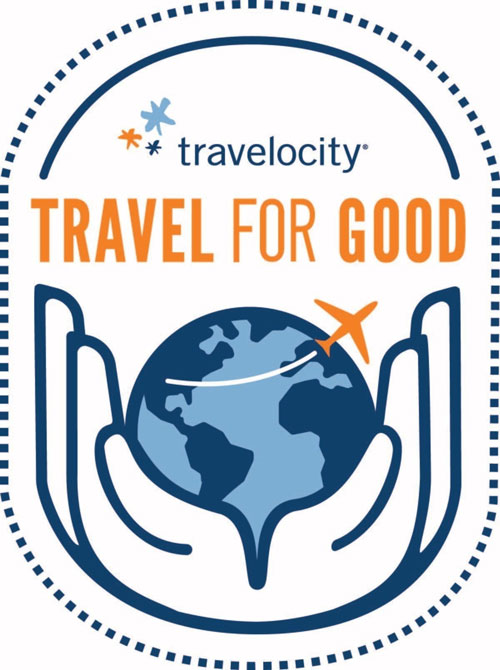Goa India
Goa, situated on the southwestern coast of India, is a small state celebrated for its enchanting beaches, lively nightlife, and rich cultural legacy. Having been a Portuguese colony for over 450 years, it became a part of India in 1961. The architectural style, churches, and festivals of Goa distinctly reflect the enduring influence of Portuguese culture. Renowned globally for its diverse festivals like Carnival, Shigmo, and the Feast of St. Francis Xavier, as well as its stunning beaches like Baga, Anjuna, and Palolem.








